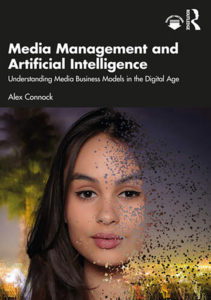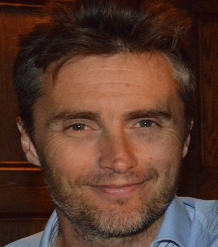(3) Star power increases, but synthetic voice and video complicate it
Demand has already driven growth in the rates paid for stars by long-running streaming shows, upending the traditional hierarchy between film and TV. Big stars such as Al Pacino (Hunters), Chris Rock (Fargo) Nicole Kidman and Meryl Streep (Big Little Lies), Henry Cavill (The Witcher) Jonah Hill, Jennifer Lawrence and Leonardo di Caprio (Don’t Look Up) now appear on streaming-first shows or films.
Stars have leveraged increased demand, by owning their own rights through production businesses, then selling them, based on the expected cash flow from partially unknown future projects. Reese Witherspoon sold production company Hello Sunshine to private equity investors for a reported $900 million, with only a limited catalogue of historic rights.
Meanwhile AI systems will expand and complicate star exploitation in the near future, with IP and ethical issues around their image usage unsolved. AI was used to de-age Robert De Niro in the Netflix drama The Irishman by the George Lucas company Industrial Light & Magic, by scanning thousands of images of his younger face.
AI will be used to bring stars back from the dead for new roles, with creative, ethical, legal, taste, copyright, financial and other issues yet to be solved. James Earl Jones has licensed his voice to be synthetically recreated for Darth Vader forever.



